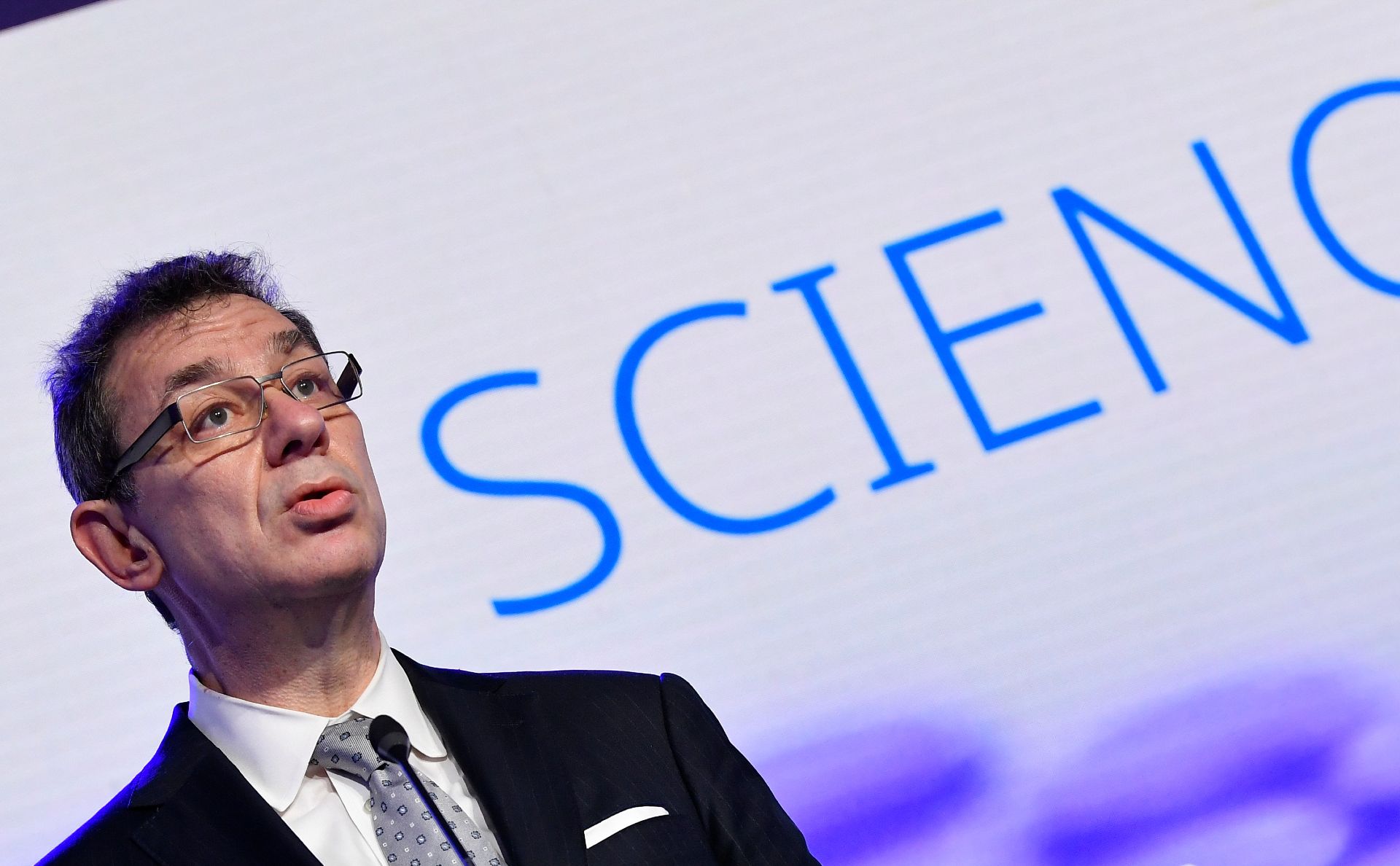The CEO of Pfizer, which has created one of the most effective vaccines against COVID-19 in 2020, believes that a return to normal is not only possible, but will happen soon. The boss of Moderna was of the same opinion recently.
According to Albert Burla, the return to normal life will take place within the next year. However, this does not mean that the virus will disappear. The head of Pfizer believes that his new options are likely to continue to appear around the world. – I share the opinion that within a year we will be able to return to normal life. However, I don’t think that options will stop appearing, I don’t think that we will be able to act without vaccination, ”Burla said on the air of one of the American TV channels.
The end of the pandemic? “It’ll be like the flu”
Stefan Bansel, boss of Moderna, shared similar predictions a few days ago. In an interview with a Swiss newspaper, he calculated that the pandemic would soon be over. “Given how manufacturing capacity has grown over the past six months, there should be enough doses globally by mid-2022 to vaccinate every person,” Bansel said.
He also stated that due to the fact that the Delta variant will spread extremely efficiently, everyone will be in contact with the coronavirus. “It’s going to be like the flu in the end. You can get vaccinated and get through the winter in peace. Or you won’t, at the risk of getting sick or even going to the hospital, ”Bansel said.
Moderna is developing a new version of the vaccine, and Pfizer has tested its effectiveness in young children.
Moderna is working on a new version of a booster dose of the COVID-19 vaccine that should be available in 2022. The company previously applied to the European Medicines Agency for the third dose of the current vaccine. On Monday, September 27, the EMA began evaluating the application. It includes a booster dose at least 6 months after the second dose in adults 12 years of age and older.
Pfizer and BioNTech announced last week that their COVID-19 vaccine can be administered to children aged 5-11. Companies recommend giving children in this age group a reduced dose of the drug – about 1/3 of the amount currently administered to adults. Clinical trials have shown that children with this dose develop the same immunity as adolescents and adults. Later this year – in the fourth quarter – Pfizer and BioNTech will publish research results on vaccine use in children aged 2 to 5 and 6 months to 2 years.

